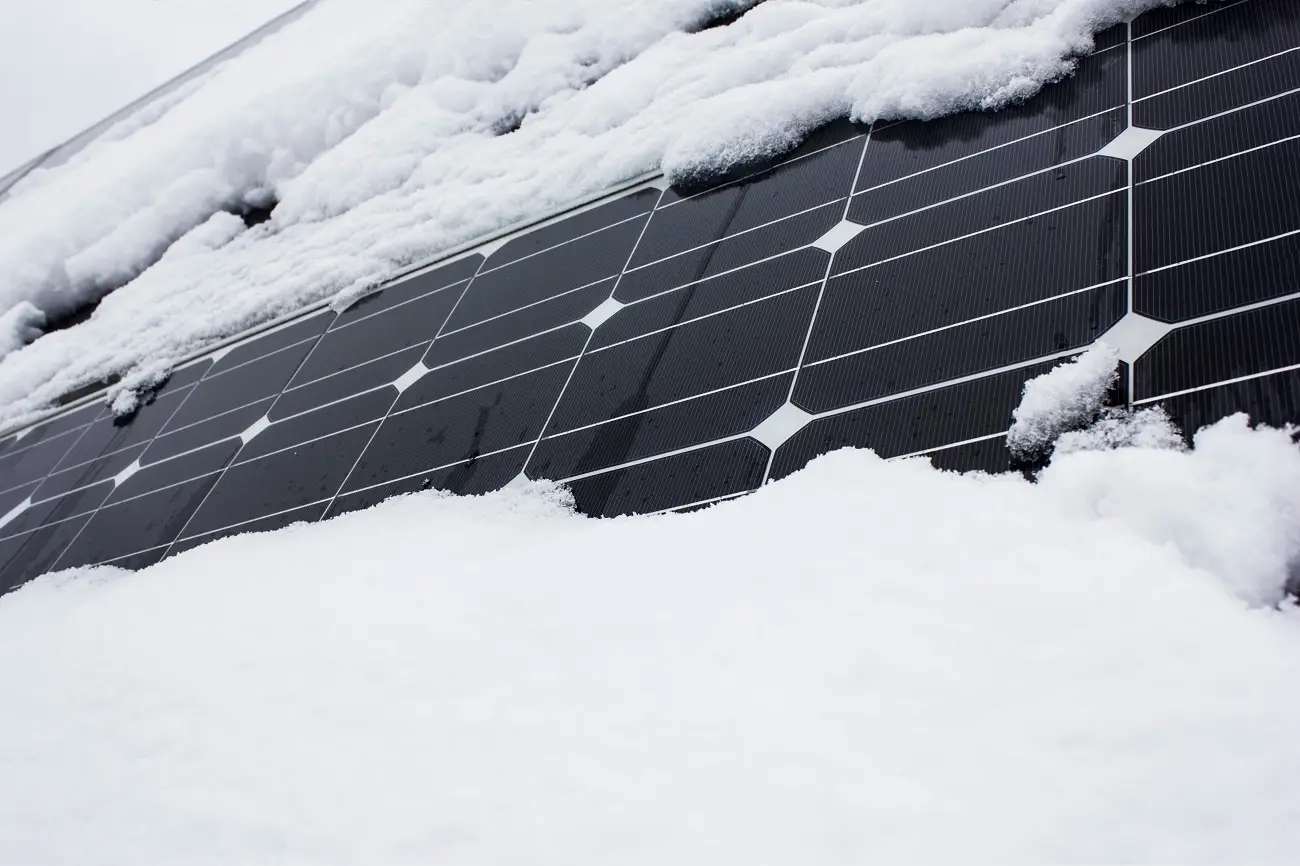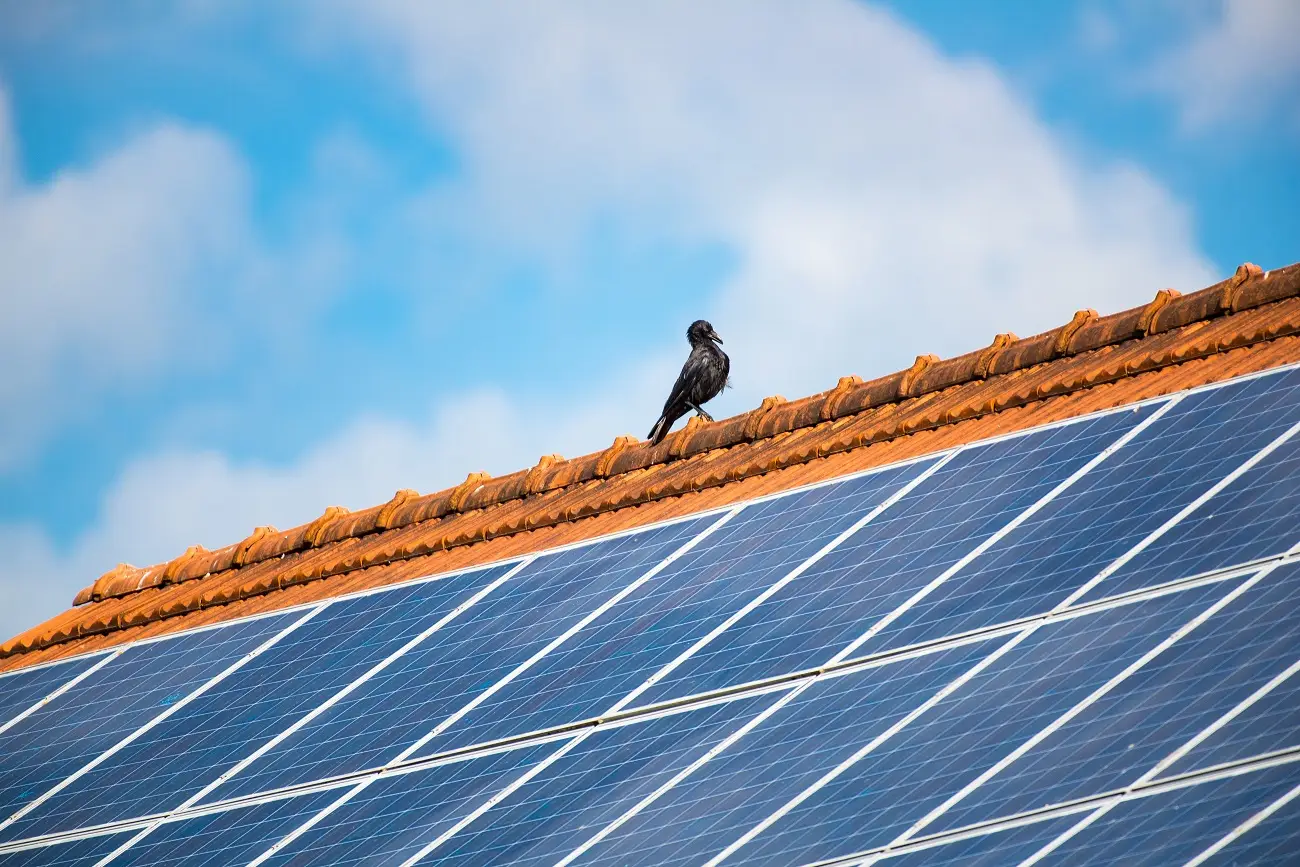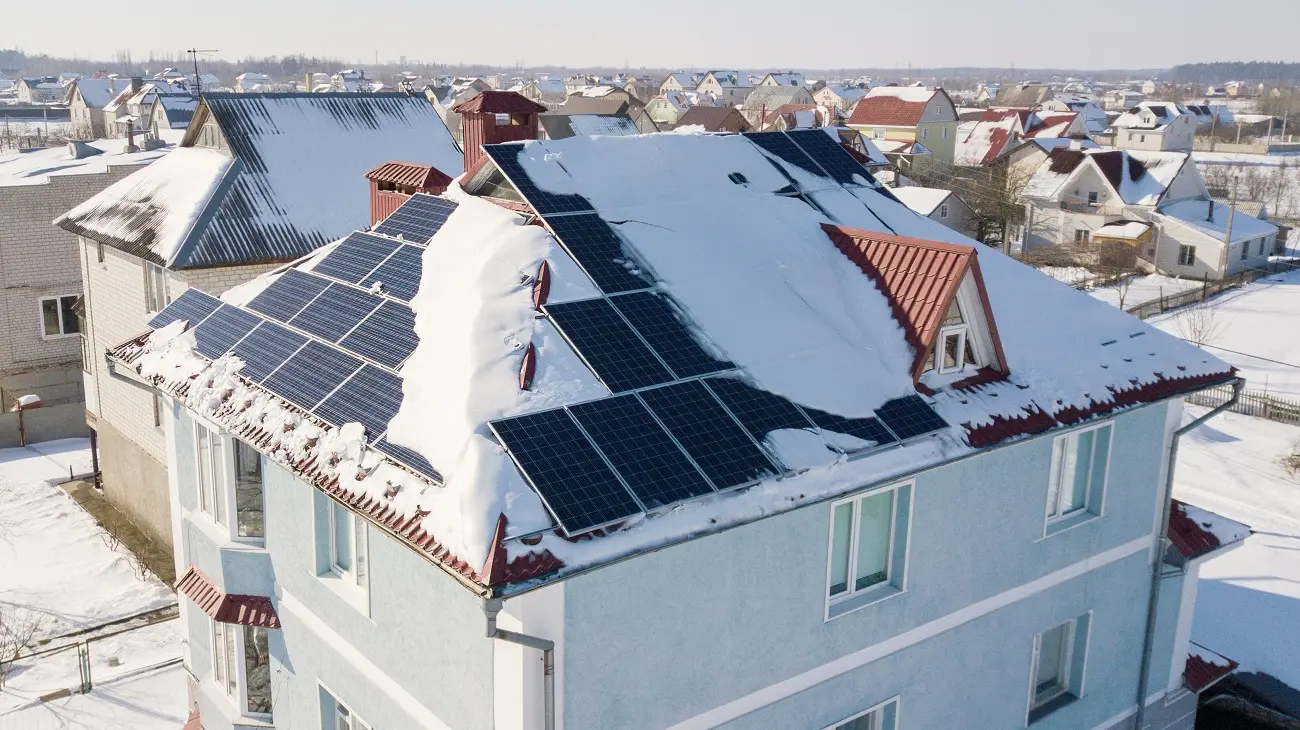As fall comes to an end and winter looms on the horizon, you might be surprised to learn that this is an excellent time to consider installing solar panels. While the warmer months of spring and summer may seem like the obvious choice, there are compelling reasons to embrace the colder seasons for your solar journey. In this article, our team at Solar Me will explore the top 5 reasons why fall and winter are ideal for solar panel installation.
From financial benefits to shorter wait times and optimal energy production, these seasons offer numerous advantages for those considering solar. Don't let the misconception that solar panels perform best in the summer months, perpetuated by many solar companies, hold you back. As we explore the details, you'll discover why now might just be the perfect time to make the switch to solar power. So, let's delve into the key factors that make fall and winter the prime seasons for your solar installation.
Reason 1: Lower Installation Costs in the “Off-Season”

When it comes to purchasing solar panels and choosing a solar company, summer often comes with a hefty price tag as it's the peak season for solar installations. However, savvy homeowners can unlock significant savings by opting for solar installation during the "off-season."
During the fall and winter months, many solar energy installers actively seek ways to counter seasonality in the solar system industry. As a result, they’re more inclined to offer generous discounts and rebates, which can translate into substantial cost savings on your solar panel installation.
Much like other industries in construction, waiting for the slower season can work to your advantage in terms of cost. Installers are more likely to accept projects during the winter, even at a reduced rate, rather than having no work at all.
While installers may not openly advertise lower solar installation rates for fall and winter in the solar system industry, you have room for negotiation when choosing to install your solar panels in the colder months. Moreover, with the season generally experiencing lower demand, you'll likely face shorter wait times for permits and encounter fewer hurdles during the installation process. This means not only potential savings but also a smoother and more convenient experience when transitioning to solar energy.
Reason 2: Faster Installation Scheduling
One significant advantage of choosing fall and winter for your solar panel installation is the installer's more relaxed schedule and reduced workload. Spring and summer are the peak seasons for solar installers, as the pleasant weather makes installations easier. Homeowners can embark on various home improvement projects, including solar panel installations.
However, the high demand during these warmer months often results in longer timelines and frustrating delays for your solar installation. Schedules fill up rapidly which can potentially push your installation date months beyond your initial expectations.
This is where the wisdom of opting for a fall or winter installation becomes evident. During the colder months, solar installers typically have lighter workloads, affording them greater flexibility to accommodate your project promptly and address any issues efficiently. The outcome? A quicker solar installation ensures your system is ready to generate energy as spring and summer arrive. This can be crucial for meeting solar power tax rebates and other solar incentives.
While daylight hours may be shorter in the fall and especially in the winter, solar installers are still equipped to install new solar energy systems, which will continue to produce a significant amount of electricity. By choosing the off-season to install solar panels, you can capitalize on their reduced workload and potentially secure a more favorable deal.
Rest assured that partnering with a reputable solar contractor ensures fair pricing and a commitment to quality, regardless of the season or workload. However, opting for installation during the installer's slower times can provide added benefits, accelerate your project timeline, and possibly enhance your overall experience.
Reason 3: Getting the Panels Installed by the Season

Did you know that the journey from signing your solar agreement to having fully operational solar panels can span up to six months? Choosing to complete your installation during the fall or winter ensures that your solar panels will be ready for use just in time for the sunny summer months when they can absorb the most direct sunlight. This strategic timing allows you to maximize your solar energy production during the season when it matters most and potentially leads to greater energy savings.
In addition to the seasonal advantage, installation workers tend to prefer working in cold weather over the discomfort of hot and sweaty summer conditions. While warm weather may be enjoyable for many, it's not ideal for performing construction work. By choosing the cooler months for your installation, you not only align your solar energy system with the optimal season for energy generation but also provide a more comfortable and efficient working environment for the installation crew.
Moreover, the solar installation process involves government paperwork, permits, and coordination with utility companies, which can take around 90 days on average from the moment you sign your solar agreement. This timeline can vary based on factors like financing, local permitting processes, material availability, and more. By initiating your agreement during the winter, you set the stage for a seamless transition to ensure that your system is fully installed and connected by spring. This enables you to fully take advantage of the extended daylight hours as they arrive.
Reason 4: Ideal Weather for Solar Panel Installation
During the scorching peak of summer, particularly in regions where solar power is popular, asphalt roofs can become searing hot and reach temperatures as high as 160 degrees Fahrenheit. These extreme temperatures can not only make the installation process uncomfortable for workers but also pose a danger to your renewable energy project, potentially causing delays and complications.
Furthermore, the summer months can bring frequent bouts of wet and rainy weather, which are less than ideal conditions for solar panel installation. Rain can hinder the progress of the installation process, making it less efficient and potentially extending the timeline.
Conversely, the fall and winter emerge as the optimal time of year for solar panel installations. With mild and often dry weather in many regions, this season provides the ideal climate for precise and efficient installations. By choosing the fall for your solar project, you can ensure a smoother process and reduce the risk of weather-related delays.
Reason 5: Optimal Working Conditions for Solar Panels

While it's true that rooftop solar panels typically generate more power during the sun-soaked summer months with longer daylight hours, fall and winter still offer plenty of energy production potential, even on cloudy or overcast days. As the days gradually lengthen, you can take advantage of the increasing daylight hours, resulting in savings on your electricity bills over time.
One intriguing aspect of solar panels is their efficiency in cooler weather. Solar panels perform most effectively in temperatures around 77 degrees Fahrenheit, so cool weather conditions that are often prevalent in the winter are ideal for solar energy conversion. At this temperature, panels achieve a more significant voltage difference which enhances their overall performance compared to higher-temperature environments, where electrons are less responsive to increasing sunlight.
Furthermore, the low temperatures of the fall and winter months contribute to improved solar panel efficiency. While the cold months don't necessarily lead to higher energy production than warm months, they help maintain the panels' internal temperature within the recommended range. This balance ensures that the panels perform optimally, making them both efficient and cost-effective. Ultimately, by embracing the advantages of fall and winter when installing solar panels, you can use the full potential of your solar panel system and achieve significant energy savings year-round.
Conclusion
As you can see, there are so many benefits of solar panel installation in the "off-season." Don't let high energy bills and expiring quotes rush you into making a hasty decision during the summer. By waiting until winter, you can take your time to research different solar panel companies, develop better relationships with your solar providers, get the best price for your solar system, and ensure you install the right system for your home.
Ready to make the switch to solar energy? Contact us at Solar Me today to learn more about the benefits of installing solar panels in winter.






